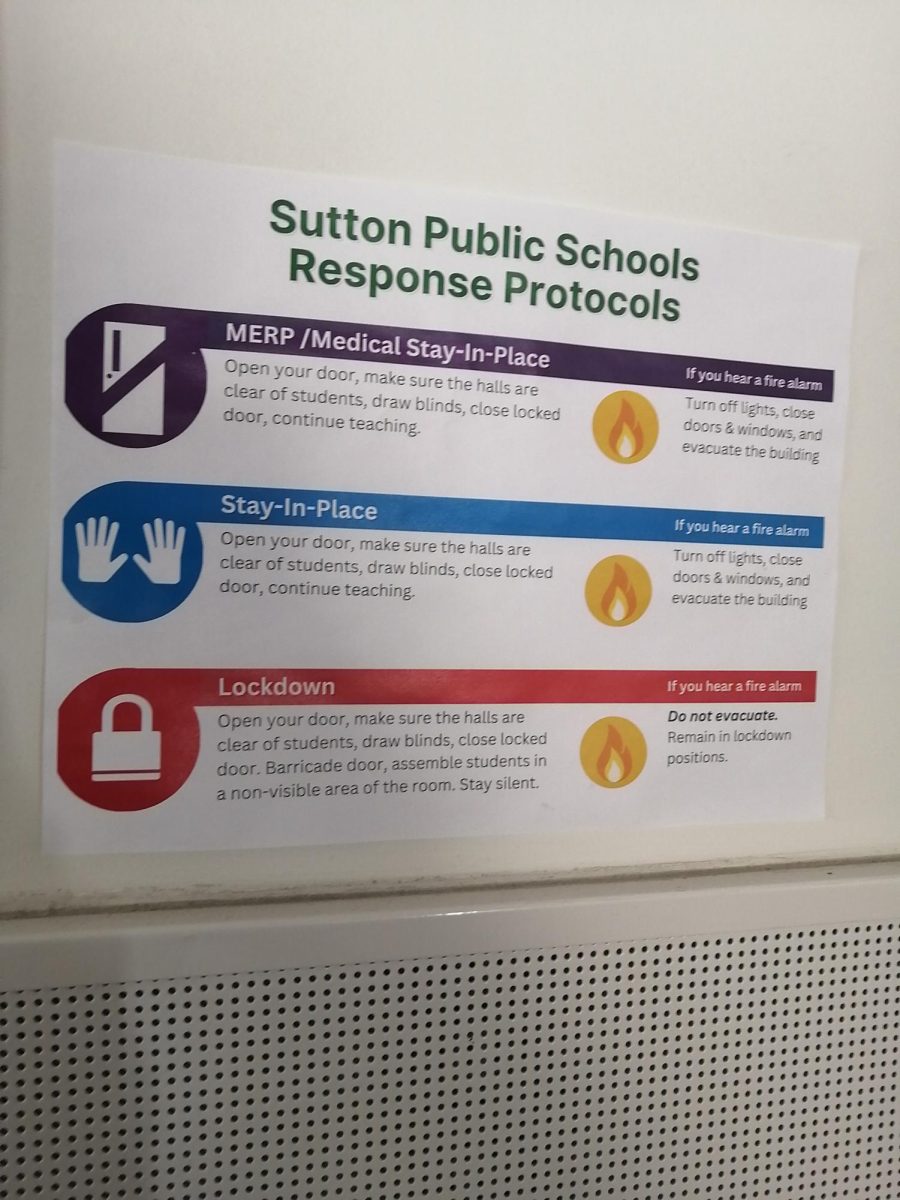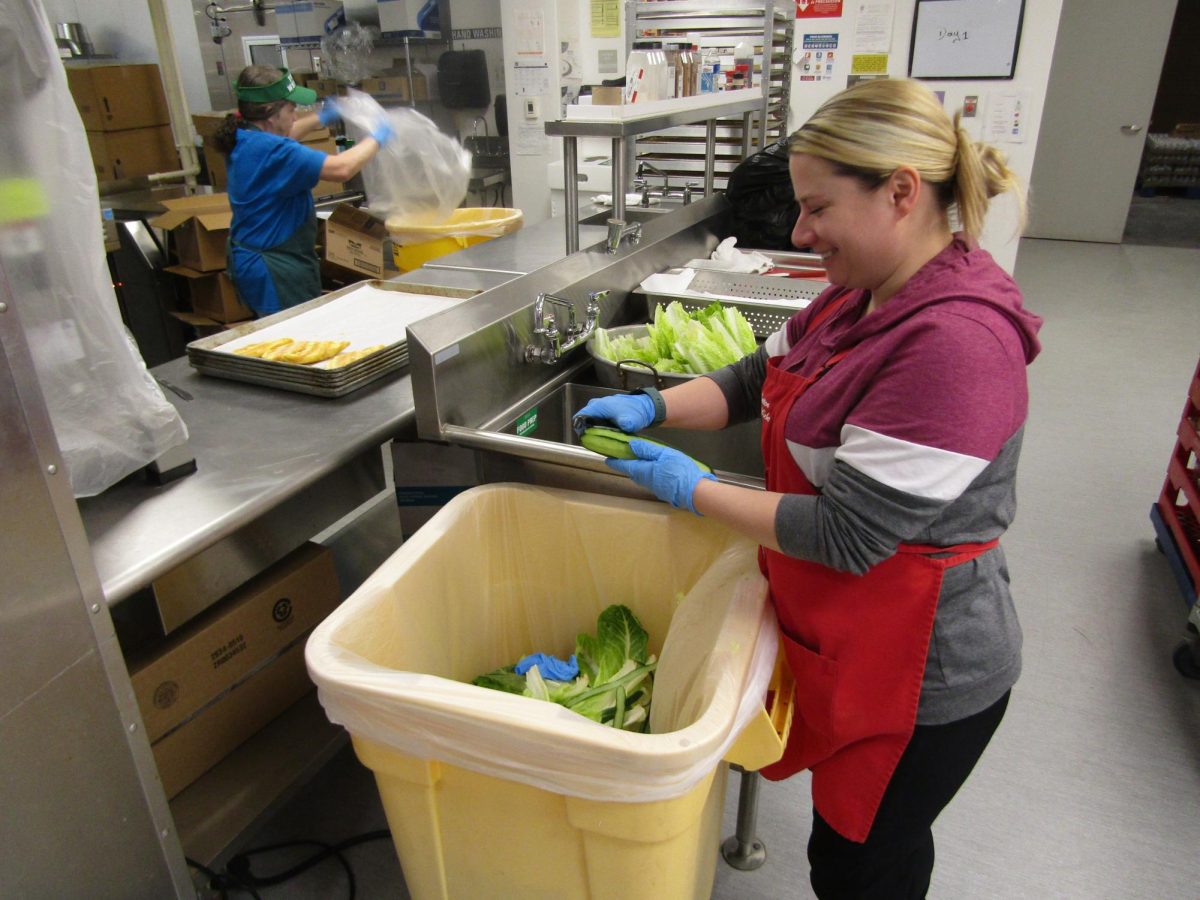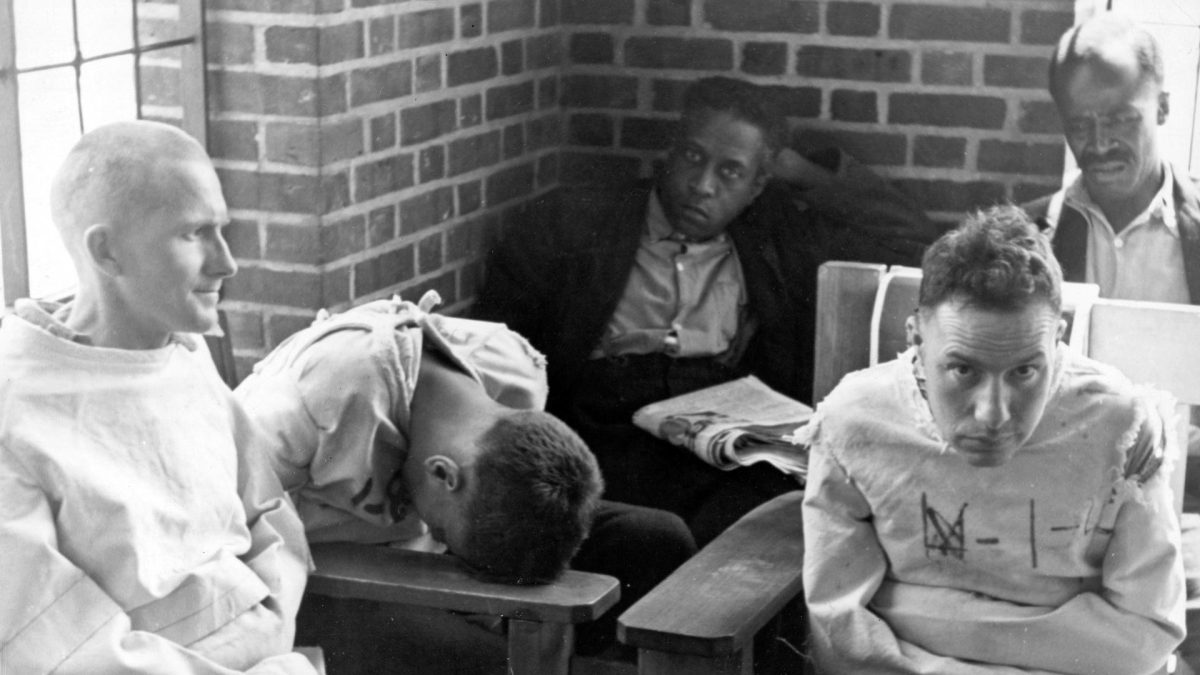The Effects Of Alcohol
Is alcohol poisoning, overdose, or AUD worth it?
January 9, 2023
Alcohol makes you feel good at first, but in the end alcohol is not worth a little rush.
From ages 15 and up the past few years, around the world the average alcohol consumption was 6.18 liters per person per year. Males consumed 83% and females consumed 60.7%. More than 10% of U.S children 17 and younger live with a parent with AUD (Alcohol Use Disorder). The rate of alcohol related hospital visits increased by 47 percent from 2006 to 2014.
An alcohol overdose is when there’s too much alcohol in the bloodstream so parts of the brain that control important things like breathing and heart rate shut down. Symptoms are confusion, inability to wake up, vomiting, seizures, slowed breathing, fast breathing, slowed heart rate, clammy skin, dulled responses, low body temperature or paleness.
Short term effects are drowsiness, a sense of euphoria, changes in mood, lowered inhibitions, impulsive behavior, slurred speech, nausea, head pain, changes in hearing, changes in vision, loss of coordination, trouble focusing, and loss of consciousness. Long term effects are persistent changes in mood, insomnia, weakened immune system, changes in libido, changes in appetite and weight, memory problems, increased tension in romantic and family relationship.
Binge drinking for women is four or more drinks at a time and men are five or more at a time. Heavy drinking for women is eight or more per week and men are 15 or more per week. Moderate drinking for women and men is one-two per day.
Alcohol poisoning can occur when you accidentally drink household b that contain alcohol or drink too many alcoholic drinks. If someone you know has alcohol poisoning, you can help them by calling 911 or your emergency number. Be prepared to to provide information about the poisoning, and never leave them alone, especially if they’re unconscious or throwing up.
Having depression can lead to abusing alcohol. A glass of wine or beer can help relax you or calm you down but drinking every time something goes wrong can lead to alcohol abuse. Depression and alcoholism can make each other worse if not treated.
Alcohol problems can be genetic, but there are ways to break the cycle. Genetics can have an influence on being addicted, but just because people in your family are addicted doesn’t mean you will be. Research shows that about half of the people with AUD have the alcoholism gene. Scientists are researching if the gene can make them take treatment better.
Ways you can prevent getting AUD are seeing how much alcohol you consume to see if your drinking to much and cutting it down.
Ways you can make your AUD weaker are joining behavioral therapy, taking prescribed medication, joining a support group, or call an addiction helpline.
Essentially, being responsible about the consumption of alcohol (or almost anything, really) will dramatically decrease your chances of bad things happening.


































